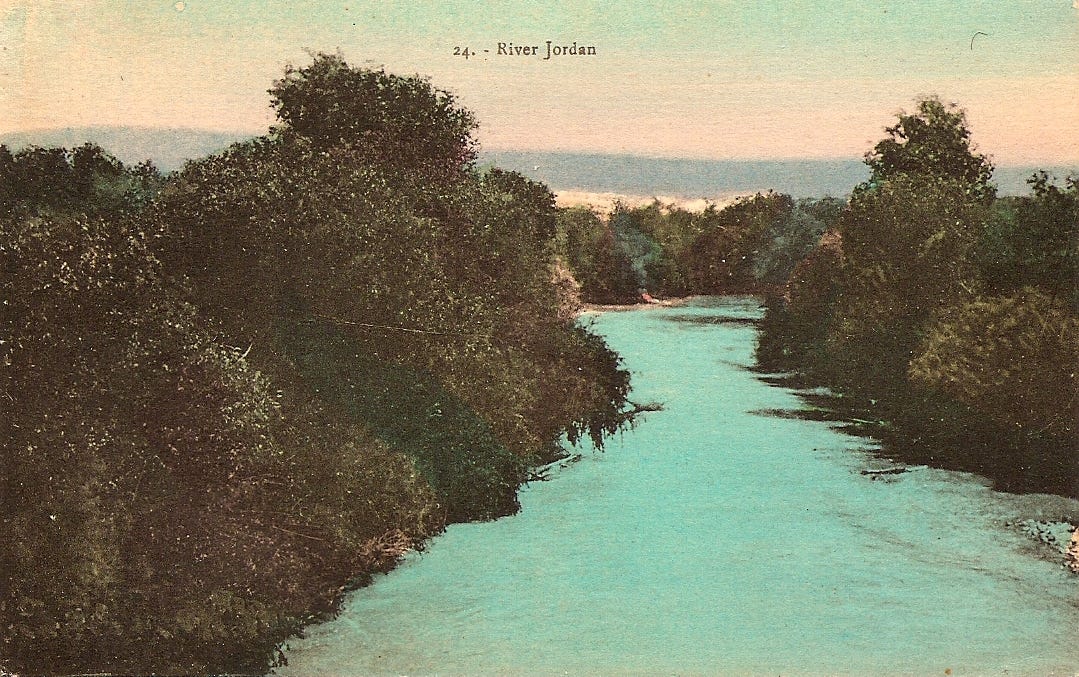This week at Public Seminar, we’re reading Raja Shehadeh’s account of coming to understand his father’s life in Palestinian politics in We Could Have Been Friends, My Father and I (Other Press)—and the tension between enjoying a comfortable domestic life and fighting for “the Arab side of the question.”
Losing a country, losing a father
Raja Shehadeh
Until his marriage my father had led a rollicking life. Afterwards he felt it was time he settled down and started a family. He was now the envy of everyone—he had it all: a beautiful wife, a successful law practice, a well-furnished house. And soon they had a daughter, intelligent, attractive and so charming, whom they called Siham, which means “arrows,” in reference to her large piercing eyes.
When the 1948 war began, my father feared that chaos would ensue in Jaffa. He felt that in Ramallah his family would remain out of harm’s way. They would stay there until things quietened down. Then in 1949 more of his world began to crumble, with one crisis following another. His uncle Salim died in Beirut, but he wished to be buried in Ramallah. With their limited resources they had to charter a private plane to transport his body back to Ramallah for burial. Throughout these turbulent times, Aziz felt he was being tossed about in a raging sea. Yet he would not be brought down. He was a good swimmer and felt able to deal with every calamity and swim to shore.
For the rest of his life the pattern recurred: he would put himself at the service of a cause, give it what he could, then, when he could see it was of no apparent use, he would go back to his practice and attempt to lead a more settled life.




